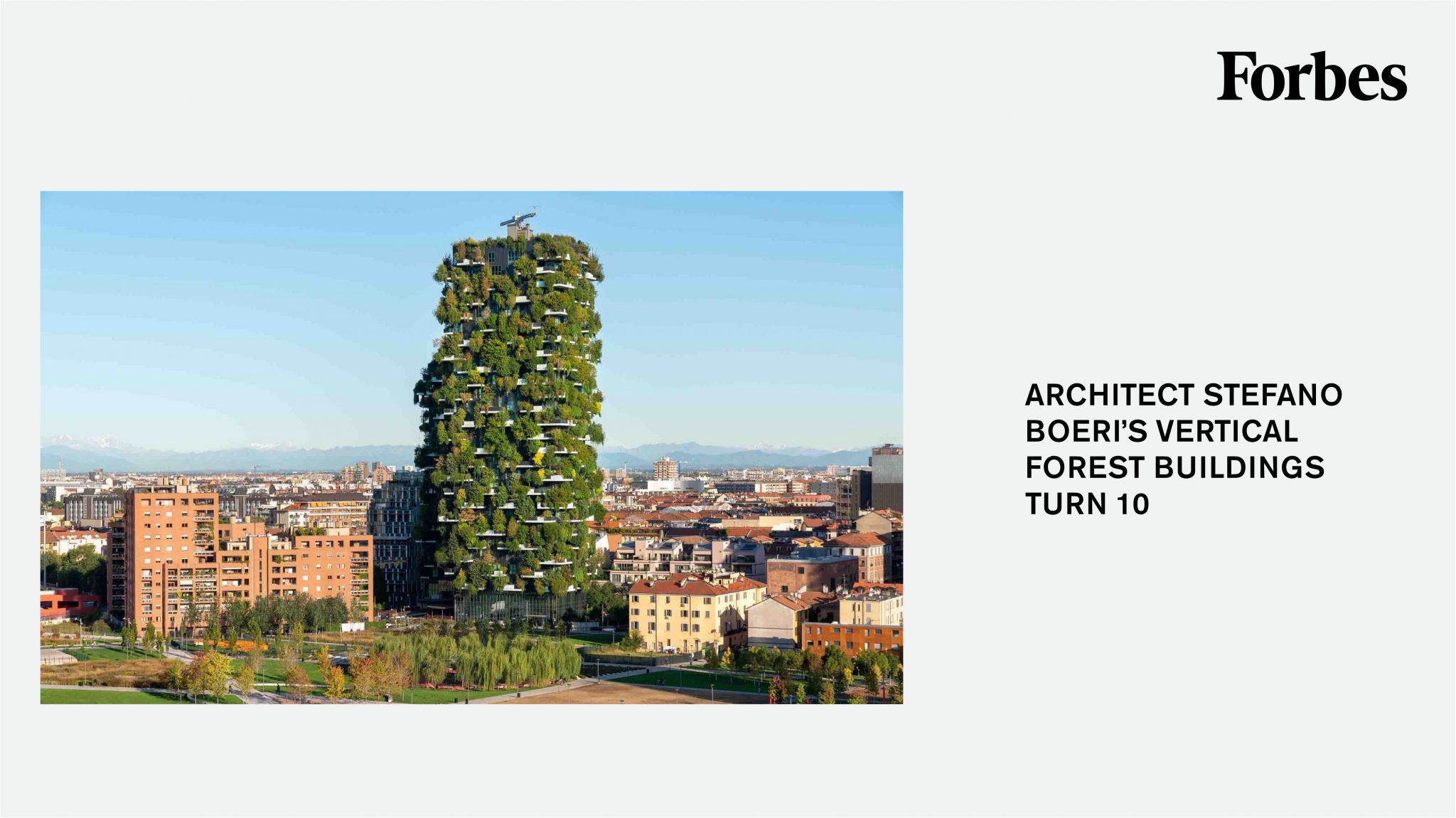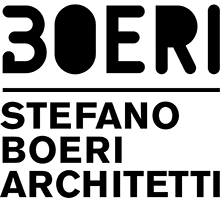
Forbes publishes an interview by Y-Jean Mun-Delsalle with Stefano Boeri on the occasion of the tenth anniversary of the Bosco Verticale, designed by Boeri Studio in the Porta Nuova area of Milan.
The article focuses on the innovative aspects of the project, along with the philosophy that led to its conception and realization, with particular attention to the future challenges of architecture and cities.
“On one hand, there is climate change, on the other hand, poverty, and everything related to automation and the process of robotization. I think these three issues are the most relevant when it comes to anticipating the future of space, which is something that is part of my profession as an architect and designer. The three spheres are closely interconnected. Climate change is certainly influencing the migration process. At the same time, the use of technology could help a part of the population try to reduce the disadvantages of climate change, but at the same time, climate change is accelerating inequalities, the differences between social groups and populations. Moreover, I think the process of automation is going to change our lives, drastically changing the way we work. I believe we have to consider this strong interaction between the fields when we study the future of our cities, never forgetting that fundamentally 33% of the population in contemporary cities lives in slums, favelas, and informal settlements, so extreme poverty is present. Additionally, if we observe urban areas, cities occupy no more than 3% of the surface of the planet’s major lands, but this 3% produces basically 70% of the CO2, which is harmful to the atmosphere. It consumes more than 45% of resources, so we have to be aware of this, and that’s why I think we cannot forget the relation between these three elements,” says Stefano Boeri.
To read the full article: https://www.forbes.com/sites/yjeanmundelsalle/2024/05/26/architect-stefano-boeris-vertical-forest-buildings-turn-10/
